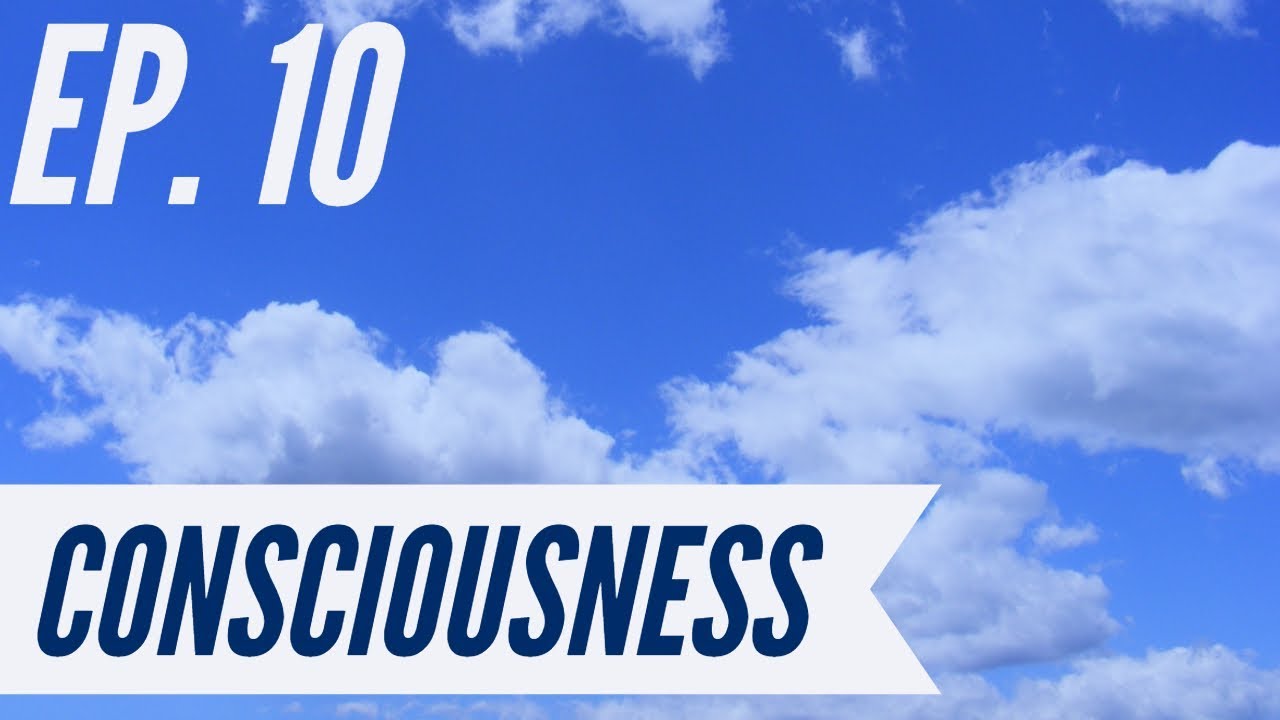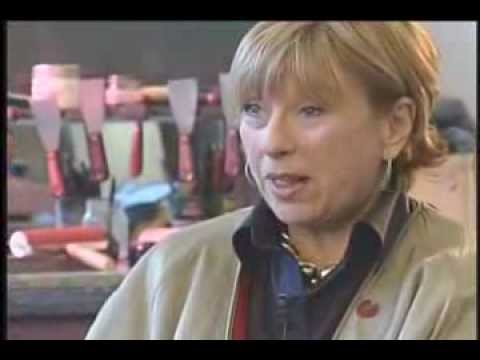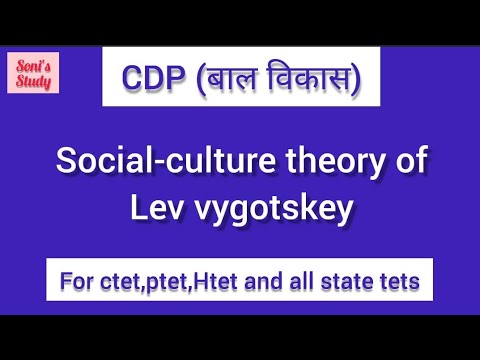John Vervaeke
New videos released every Friday.
Podcast Links:
•Anchor: https://anchor.fm/john-vervaeke
•Google Podcasts: https://www.google.com/podcasts?feed=…
•Spotify: https://open.spotify.com/show/43gIWKV…
•Breaker: https://www.breaker.audio/awakening-f…
•Pocket Casts: https://pca.st/EYU4
•RadioPublic: https://radiopublic.com/awakening-fro…
Books in the Video:
• Bernard Baars – A Cognitive Theory of Consciousness
• James Gibson – The Ecological Approach to Visual Perception
• Wallace Matson – Sentience
• Andrew Newberg and Mark Robert Waldman – How Enlightenment Changes Your Brain: The New Science of Transformation
• L. A. Paul – Transformative Experience
• Steve Taylor – Waking From Sleep: Why Awakening Experiences Occur and How to Make Them Permanent
• Giulio Tononi – Phi: A Voyage from the Brain to the Soul
• Philip David Zelazo, Morris Moscovitch, and Evan Thompson (Editors) – The Cambridge Handbook of Consciousness
Series Playlist: https://www.youtube.com/playlist?list…
Facebook: https://www.facebook.com/Vervaeke.John/
Twitter: https://twitter.com/vervaeke_john
Tenth episode of Dr. John Vervaeke’s Awakening from the Meaning Crisis.
Source




Thank you for sharing these. Very inspiring. Makes me want to share some thoughts from a behavioral science-perspective.
Another word for consciousness would be (and most people would disagree with this) behavior. A radical behavioral scientist considers behavior to “use” the body and the brain, and the science of behavior investigates how. The behavioral scientist would describe the same workings as those described by JV, but with different words, such as antecedent, stimulus, response, discrimination and discriminatory stimulus. The behavior of the child is selected and shaped by numerous consequences which slowly but surely makes the spoon (and other things) produce successful soup eating.
Another way of saying that the salience landscape picks up on the non-candy property of the space between candy may be that the number arrived at by counting for the older child is a stronger discriminatory stimulus for choosing than for the younger child, which has had less time for relevant discrimination training. Self-deception may in that sense simply be behavior which has not yet been subject to certain discrimination training. Which is not at all very mystical. I’m sorry, but what’s changed is not wisdom. It is simply behavior which has become increasingly refined in the sense that stimuli become discriminative.
As for transformative experiences: behavior which is weak in the behavioral repertoire and stimuli which previously did not control the individual’s behavior may for different reasons (chemical, unsettling life circumstances etc.) suddenly appear (it is still in the repertoire even though it is very weak), and may produce extremely reinforcing results, such as a feeling of oneness with the universe, which may increase the previously weak behavior, and it’s associated respondents, to en exponential degree.
Again, such events are not best explained mystically or “cognitively”, but by acknowledging the fact that behavior which was previously weak may increase in strength and outcompete behavior which was previously strong, which is very different than saying that the experience was more real than the previous reality. The events were simply extremely reinforcing, in such a way that it changed a large part of the behavioral repertoire.
And yes, these changes naturally lead to a more fulfilling life as the previous weak behavior was needed and necessary for the individual to obtain a sustainable balance between
reinforcing and aversive consequences in life. “Gaining wisdom” should be understood as obtaining a more refined behavioral repertoire. Again, wisdom is just another name for certain behavior.
Ta for that.
One consciousness experiences various perspectives of reality
Thank you John for the illuminating content.
Thank you so much John. I have watched each episode up to this one and I am going to stop here and watch them again. I am so grateful for you.
Seeing a homuncular running inside my head. Overwhelming insight.
Dr Vervake, I am deeply grateful to have been led here and for your dedication, investigations and these invaluable presentations. Having experienced a Kundalini Awakening 8 years ago, hearing these perspectives is like finding a missing piece of the puzzle in my own enquiry. Thank you !
The key reason why the experience is contentless is because it is unlike anything they've experienced, so they can't compare it with anything, or rather don't know how.
AND, more importantly, pretty much all who've been there do not draw from any tradition (such as late ancient Platonism) that explores the various degrees/intensities of these stateS of Being. Or they do, but they choose something flawed and fashionable like modern Buddhism (a tradition that contradicts what their own "scripture" says), intentionally implying that the dead empty void is all there is.
Another reason is the experience of drugs which are 99% delusional facsimiles of the real thing drawn from the memory of it in their soul, or they're entirely groundless visions with no simile at all to the real.
30:10 "success and protestant work ethic" ooooooh maaaaan never thought about that 🤯. So many insights in this series, thank you so much Sir!
6:29 "The hard problem of meaning". this is good.
It just gets better and better. Attention span recovered.
Can somebody explain why John seems so distraught and frustrated at 41:38?
Why would someone attribute disrespect to those traditions he's mentioning?
What is the purpose of consciousness? To activate the passivity of Being.
32:30
Is he actually lecturing anyone in person or is this only for video?
John series of talks are life transforming.
Ep. 10 – Awakening from the Meaning Crisis – Optimal Grip
Thank you so much John. I am really enjoying engaging with your train of thought and your delivery. I have been following and learning and agreeing until this video when I have to say from my direct experience I feel John, you are missing a trick, which I hope might be coming. You, in this video, equate cognition and consciousness and insist on rationality which centres all consciousness in the mind. I feel wisdom grows from connectivity of all our centres. We can know and be in our gut, our heart, our body, our mind, our awareness of senses etc etc. Our intuition comes from our awareness of the energy flowing through us, part of the spiralling of energy that was the Big Bang, that is the flow, that is everything in existence. We do not come to that through mind alone, through rationality. We experience consciousness by dropping back into our awareness of consciousness as it flows through us as energy. We fall back into deep knowing of connectivity of every element of ourselves and of everything which is consciousness itself. We realise we are that with all that we are.
Thank you so much for presenting us with this wealth of ideas. I appreciate your noble aim of helping people out of the meaning crisis. I watch this though from a completely different perspective. I am a Muslim and I already consider that life is meaningful. As human beings, we are given the job of representing God on Earth. For me personally, I understand this as emulating God's "features" conveyed to us through His Holy names. For example, He is The Most Merciful. Our duty is to cultivate mercy to our fellow human beings as we experience God's mercy in our lives. Wisdom to me is knowing the right thing, and then doing it. For us as Muslims, or for Christians or Jews for that matter, the right thing is more or less laid out to us. Our job is to recognize the right thing and cultivate the patience to actually do it.
Up to this minute in the series, I don't know what you are offering us exactly. It is quite beautiful but also theoretical. Does the insight you promise afford us the wisdom to do the right thing? How can we individually decide it is the right thing? Moreover, it seems that mindfulness, meditation, and contemplation are only for a select few who are willing to practice them for years. And at the end of those years of practice, is the result guaranteed? Do I become wiser?
I'm greatly enjoying this series, but every now and again I see a blooper like the example of the children consistently picking the longer row of candy as an "error". It's not an error. It can't be an error. Both rows contain the same amount of candy, so it doesn't matter which the child chooses. What this is an example of is a bias—which, for some other choice, may lead to error, but not for this one. Yes, length of the row may be more salient to a child than an adult, but so may other factors. A child's arms are much shorter, so maybe the closer row is easier to reach. A child's dexterity is lower than an adult's, so maybe they prefer to pick up candies that aren't crowded with other objects around them. My conscious thought in choosing between the rows was, on the other hand, that the shorter row would be easier to scoop up all at once, and I I would certainly consistently pick that shorter row, and it would not be an error. Merely a bias. (Esther Thelen's work comes to mind in bringing this matter up.)
That aside, I am nonetheless somewhat familiar with Piaget's work, particularly in the realm of language, so I can see what he's getting at. If you asked the children which row contained more candy, they might well reply that the bottom row contains more. But that's not what prof. Vervaeke said was asked of them.
Obrigado
Whenever Vervaeke zeros in on his cup and it's relation and interaction with reality I am taken back to an acid trip.
Getting into “deeper contact with the guts of the world” he says… yes, I think I want that. That also sounds terrifying! But meaningful.
John, you might find this interesting: Beyond the Limits of Waking State Consciousness – https://changevectors.ca/beyond-the-limits-of-waking-state-consciousness/
Cheers,
Don
I haven't seen further into the series than this video, but I feel compelled to comment. The HSC is not an attempt to find wisdom. I feel this a cheap and dirty trick (said with love and appreciation for the work & the speaker mind you). The HSC is a round chaos, a source where all things meet. I could argue that people seek HSC to transform or manipulate ideas at their most connected and hyper-conscious. I could argue that HSC is an attempt to seek the place where all people are met in love and surrounding. These differing descriptions can both said to be equally correct.
I feel a strong disagreement with Vervaeke that I had not felt the whole way up to the this point. My disagreement comes with the fact that he is projecting his own career and desires in life into the HSC as an attempt to ground it in a rational it can't have. A politican would see the HSC as an attempt to find power. The best defense you could come up with for the HSC-as-wisdom is that it is simply a conjunction that if one seeks to understand their own brain, they are seeking wisdom in itself, so anybody looking will see the HSC as an attempt to find wisdom.
The next video has to have a pretty good reason why it's not going to result in a god-argument or something else of the sort. The excessive attempt to ground this part of human experience in rationality gives a profound sense of an attempt to have my wings clipped, so to speak.